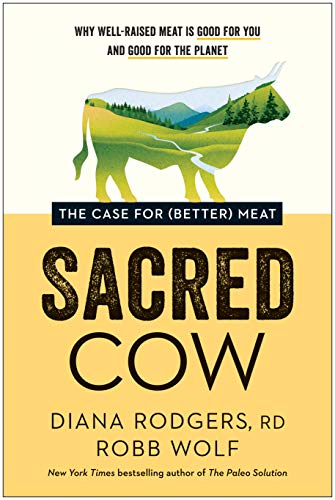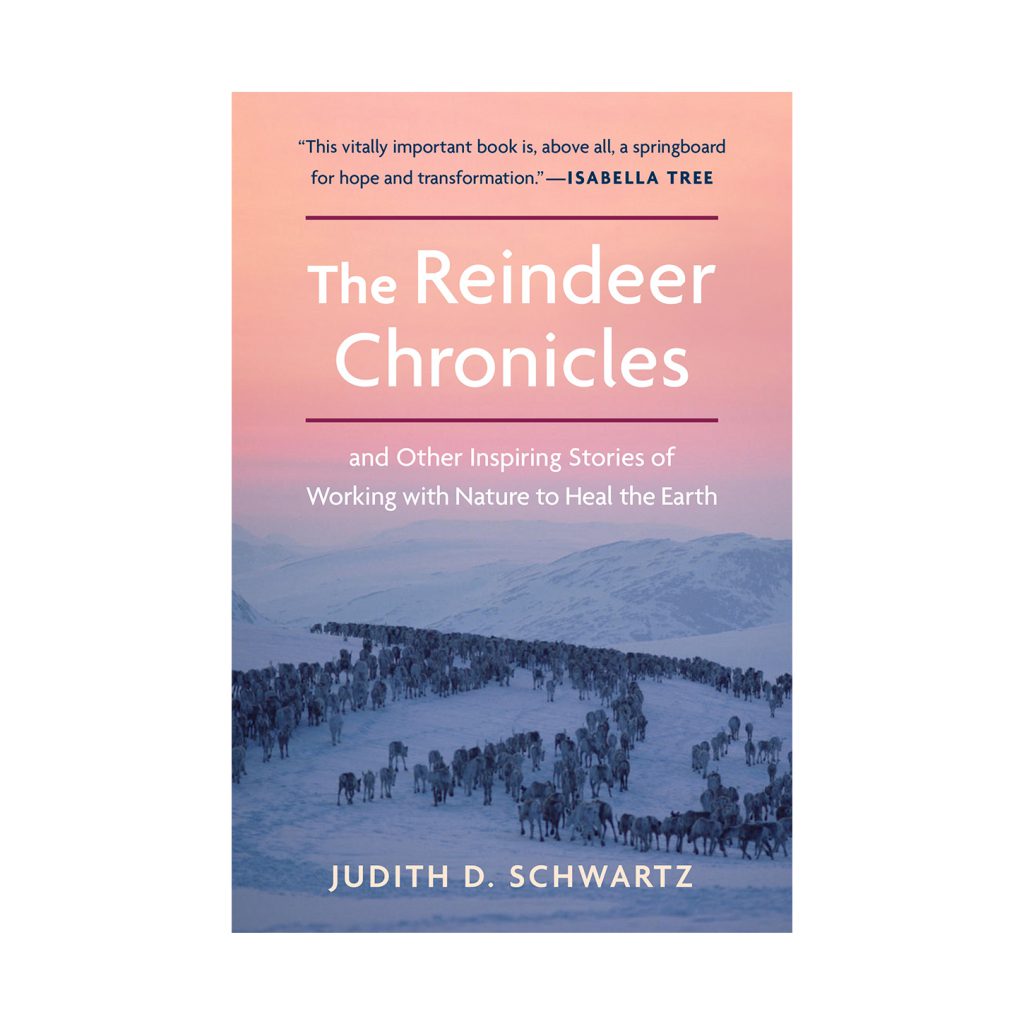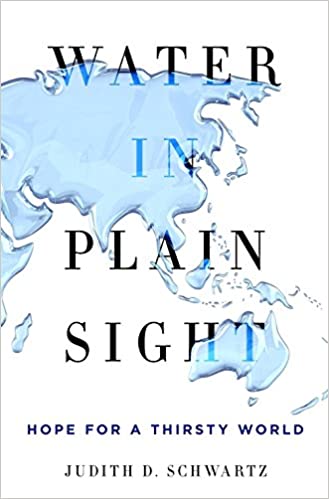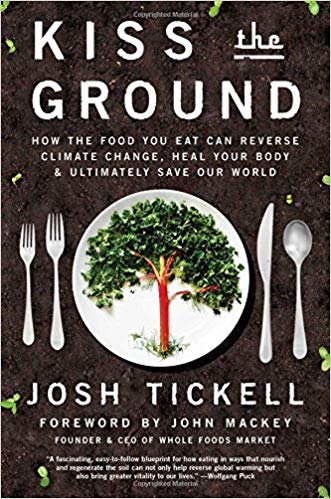Network Leadership and Practice

This report summarizes findings from a five-year partnership between University of Colorado Boulder researchers and the Savory Global Network team. The aim of this report is to highlight five key themes around network leadership and practice identified over the course of studying Savory Global Network activities.
To Which We Belong (2021)

To Which We Belong’ is a documentary that highlights farmers and ranchers leaving behind conventional practices that are no longer profitable or sustainable. These unsung heroes are improving the health of our soil and sea to save their livelihoods — and our planet.
Sacred Cow: The Case for (Better) Meat

In Sacred Cow, registered dietitian Diana Rodgers and former research biochemist and New York Times bestselling author Robb Wolf explore the quandaries we face in raising and eating animals—focusing on the largest (and most maligned) of farmed animals, the cow. Taking a critical look at the assumptions and misinformation about meat, Sacred Cow points out the flaws in our current food system and in the proposed “solutions.”
Holistic Management and Adaptive Grazing: A Trainers’ View

The authors avoid the usual debates on whether or not Holistic Management, Holistic Planned Grazing, or any its many derivatives deliver outcomes as claimed by practitioners, and instead focuses on their contribution to managing complexity. Holistic Management’s biggest acknowledged contribution to the grazing world is (arguably) its emphasis on adaptivity, strategic decision-making, goal-setting, and ability to manage complexity. Based on data gathered from educators in American and Canada who have trained many farmers and ranchers, the authors conclude that Holistic Management represents systems thinking in practice.
Whole-System Approach Managing Grazing to Restore Soil Health and Farm Livelihoods

This paper is a literature review on the ecological impacts of grazing, and finds that where managed properly (employing a “whole-systems approach” and “adaptive, goal-directed grazing methods”) livestock are essential to ecosystem service sustainability and improvement. Soil organic matter increases were sufficient to yield a net sink of 2 tons of carbon per hectare per year.
Climate change mitigation as a co-benefit of regenerative ranching: Insights from Australia and the United States

This paper argues that the infusion of holistic decision making into the practice of planned grazing, or “regenerative ranching,” results in a suite of ecological, economic and social benefits that are the main factors keeping adherents on the regenerative path. Climate change mitigation is only a ‘co-benefit’ or after-thought. The use of holistic decision-making in the implementation of managed grazing amplifies its effects and increases regenerative potential, and, by extension, climate change mitigation potential.
The Reindeer Chronicles

The Reindeer Chronicles demonstrates how solutions to seemingly intractable problems can come from the unlikeliest of places, and how the restoration of local water, carbon, nutrient, and energy cycles can play a dramatic role in stabilizing the global climate. Ultimately, it reveals how much is in our hands if we can find a way to work together and follow nature’s lead.
A half-century of Holistic Management: what does the evidence reveal?

This comprehensive literature review describes the main tenets of HM and addresses the longstanding and unresolved controversy over its legitimacy. It additionally provides a meta-analysis that not only provides an up-to-date review of the multidisciplinary evidence and ongoing arguments about HM, but also provides a novel explanation for the controversy.
Water in Plain Sight

Animated by stories from around the globe, Water In Plain Sight is an inspiring reminder that fixing the future of our drying planet involves understanding what makes natural systems thrive. In this timely, important book, Judith D. Schwartz presents a refreshing perspective on water that transcends zero-sum thinking. By allying with the water cycle, we can revive lush, productive landscapes, like the river in rural Zimbabwe that now flows miles further than it has in living memory thanks to restorative grazing; the fruit-filled food forest in Tucson, Arizona, grown by harvesting urban wastewater; or the mini-oasis in West Texas nourished by dew.
Kiss the Ground

This “richly visual” look at the impact of an underappreciated but essential resource—the very ground that feeds us—features fascinating and accessible interviews with celebrity chefs, ranchers, farmers, and top scientists. Kiss the Ground teaches you how to become an agent in humanity’s single most important and time-sensitive mission: reverse climate change and effectively save the world—all through the choices you make in how and what to eat. Also a full-length documentary executive produced by Leonardo DiCaprio and narrated by Woody Harrelson.
